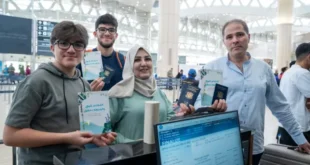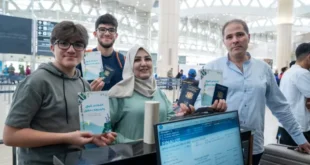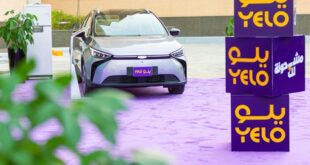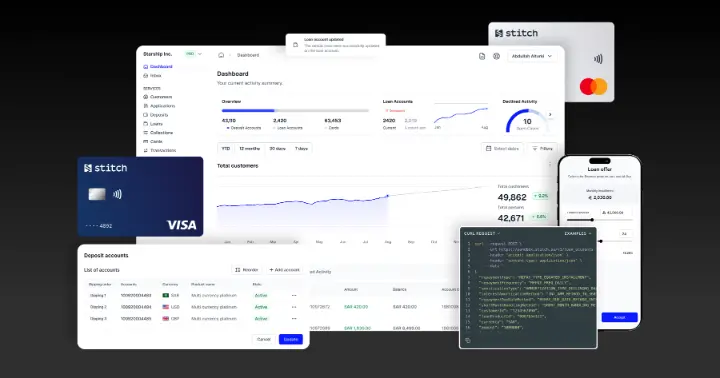Dubai’s bold transformation into a global green city is not just an environmental commitment; it’s a strategic business move that aligns with its ambition to be a world leader in sustainability. At the core of this transformation is the Demand Side Management (DSM) Strategy 2050, which has set precise and ambitious targets for reducing consumption of key resources like electricity, water, and fuel
A Comprehensive Strategy Backed by Ambitious Goals
The DSM Strategy, spearheaded by the Dubai Supreme Council of Energy (DSCE), has evolved to include significant targets that serve as benchmarks for other global cities. By 2030, Dubai aims to reduce electricity and water consumption by 30% from a 2011 baseline, with these targets increasing to 50% by 2050. Furthermore, the strategy outlines a vision for achieving 100% savings in fuel consumption by 2050, representing a radical commitment to transitioning towards renewable energy sources
Linking Economic Growth with Sustainable Practices
Dubai’s strategic integration of sustainability with economic growth is exemplified by its Economic Agenda, known as “D33”, which aims to double the city’s economy by 2033. A vital component of D33 is managing energy demand in the burgeoning commercial and industrial sectors, demonstrating a model where economic expansion and sustainability are mutually reinforcing
Global Leadership and International Cooperation
Dubai’s commitment to sustainability was prominently displayed during the COP28, hosted by the UAE in 2023. This global climate event provided a platform for Dubai to showcase its sustainability initiatives, such as the Dubai Clean Energy Strategy, which aims for 75% of Dubai’s energy production to come from clean sources by 2050. The hosting of COP28 not only underscores Dubai’s role in global environmental policy but also highlights its strategic positioning as a facilitator of international dialogue on climate change
Innovations and Collaborations
Dubai’s approach to sustainability is marked by innovative projects and collaborations that extend beyond traditional energy management. The Mohammed Bin Rashid Al Maktoum Solar Park, the largest single-site solar park in the world, is a testament to Dubai’s commitment to renewable energy. Additionally, the Green Economy initiative further cements the city’s reputation as a pioneer in sustainable economic development
The introduction of the world’s first functional 3D printed office building in Dubai exemplifies how the city leverages cutting-edge technology to reduce the carbon footprint of construction, promoting sustainability in urban development
Educational Initiatives and Community Engagement
Community engagement and educational initiatives are integral to the DSM strategy, ensuring that sustainability values permeate every level of society. Programs aimed at schools, businesses, and residential communities foster a culture of sustainability that supports the strategic goals of the DSM strategy
Ambitious Targets Set Between 2030 and 2050
As part of its updated DSM strategy, Dubai has set particularly ambitious goals for the period between 2030 and 2050. The strategy aims for a 50% reduction in electricity and water consumption by 2050, compared to a 2011 baseline. This translates into expected savings of 86.8 terawatt-hours (TWh) of electricity and 383.2 billion imperial gallons of water. Furthermore, the strategy outlines a groundbreaking goal of achieving 100% fuel savings by 2050, which involves a complete transition from fossil fuels to alternative energy sources across various sectors. These targets are supported by incremental milestones, including a 30% reduction in electricity and water use by 2030, aiming for 27.2 TWh of electricity and 106.9 billion imperial gallons of water saved. These precise targets demonstrate Dubai’s commitment to not only meeting but exceeding global standards in sustainability and resource management
Toward Collective Progress
To achieve the noble goals of Dubai’s DSM strategy, a collective effort is essential. By adopting sustainable practices, supporting innovative solutions, and promoting environmental awareness, we can progress towards our ambitious targets. This collaborative endeavor is crucial not only for Dubai but also as a model for sustainable development globally. Together, our actions will forge a path toward a more sustainable future
 ياهلا بوابة السفر والسياحة
ياهلا بوابة السفر والسياحة



